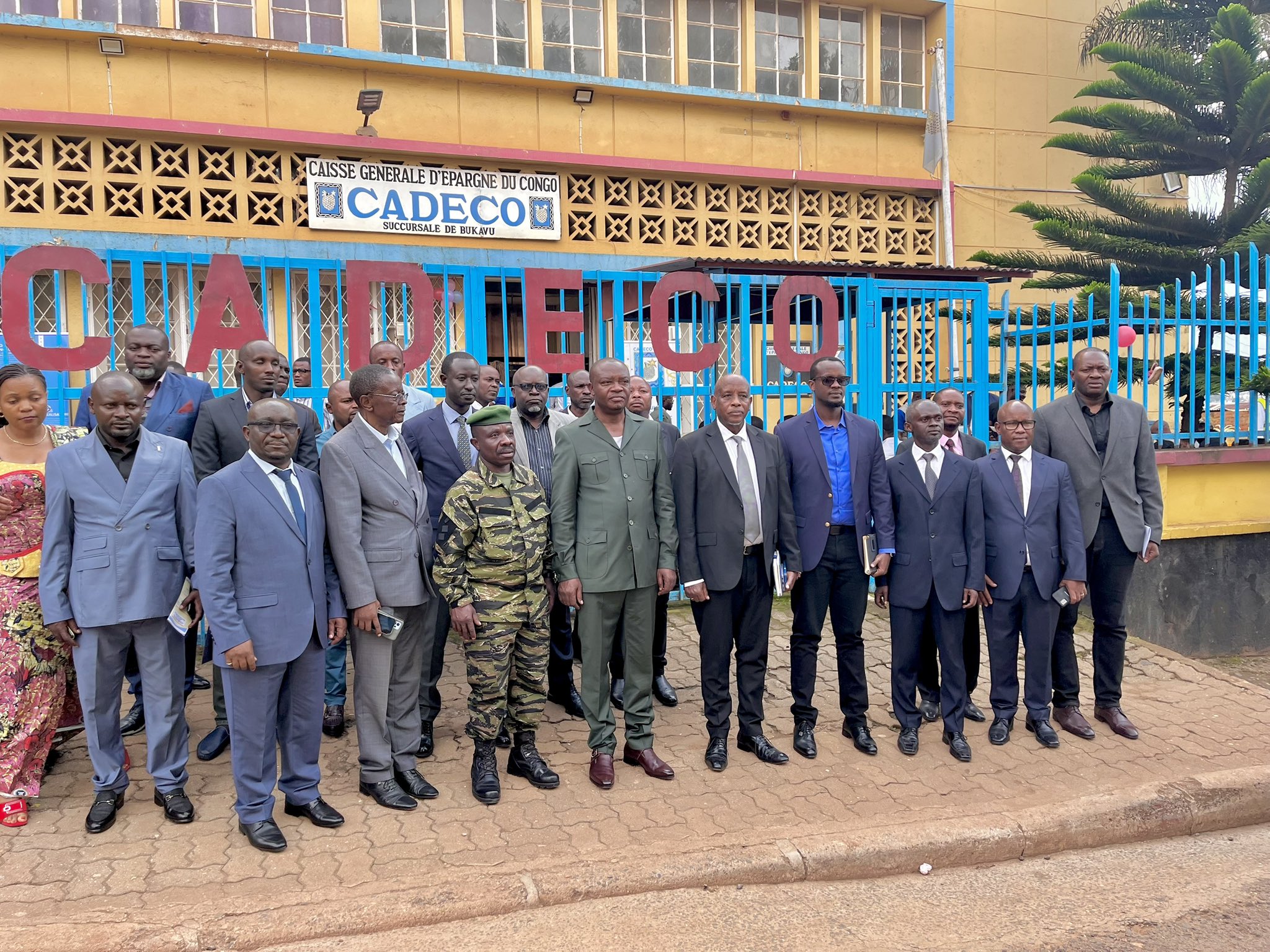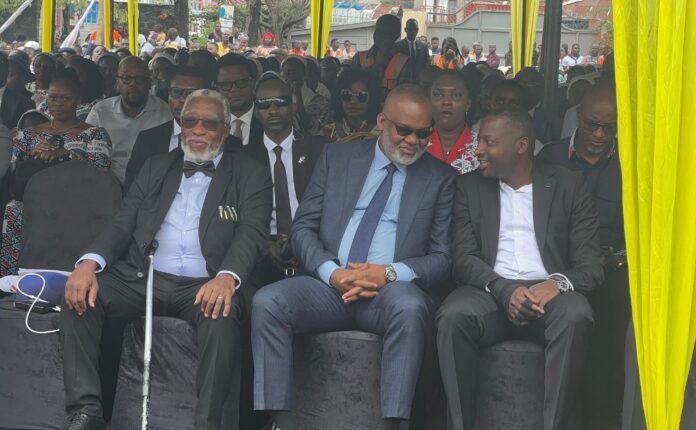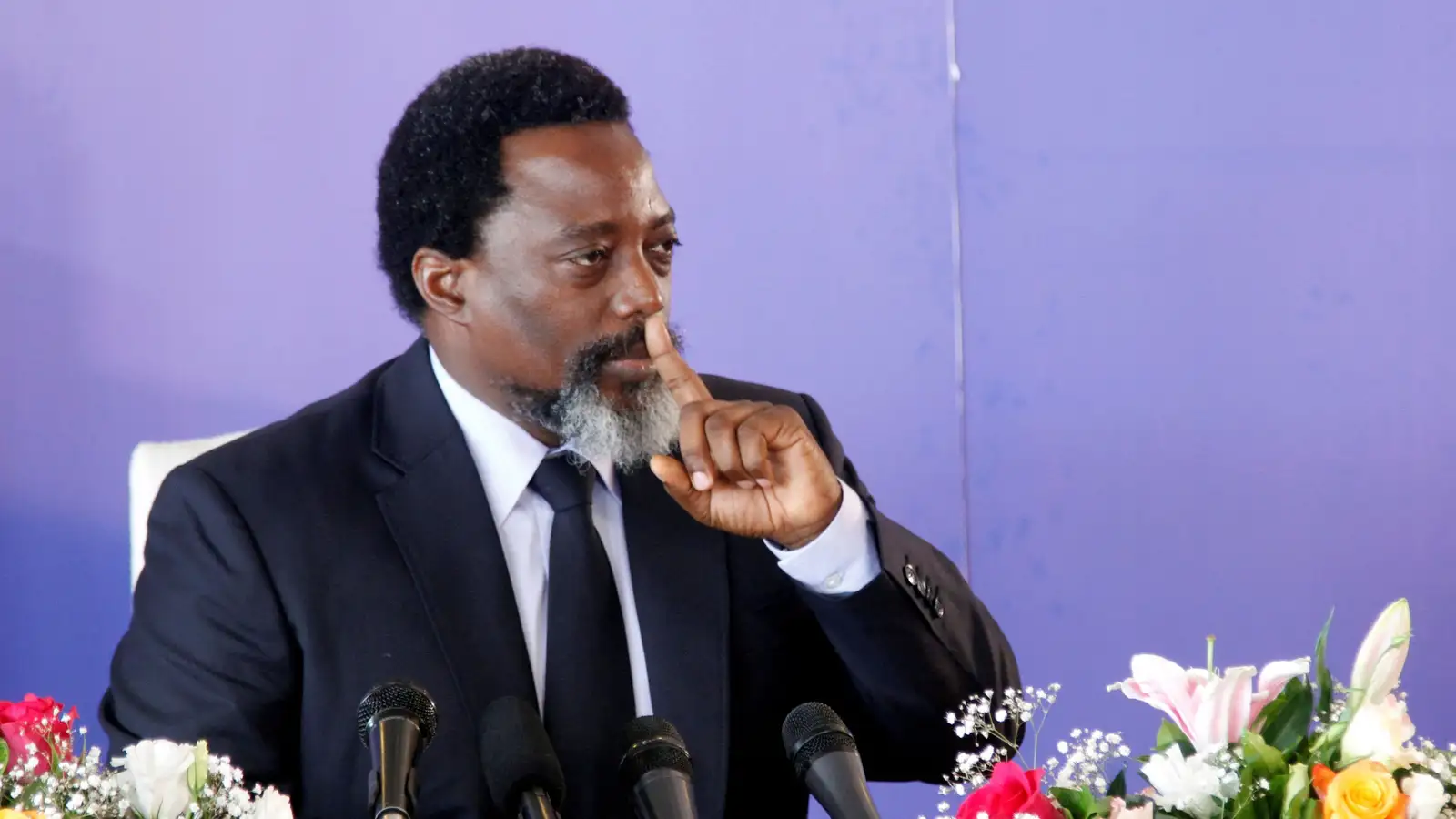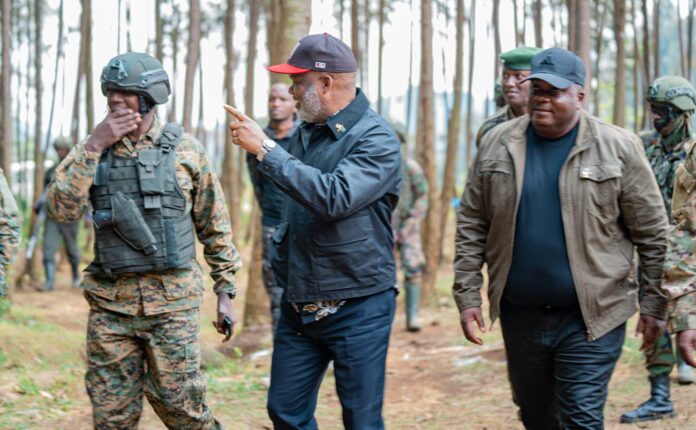The Alliance of Congolese Forces (AFC/M23) is the latest political-military formation associated with the March 23 Movement (M23), a movement group that has operated intermittently in the eastern Democratic Republic of Congo (DRC) for over a decade.
Note: Company, Blog, Church websites are free.
The original M23 was formed in 2012 by former members of the National Congress for the Defense of the People (CNDP), citing the Congolese government’s failure to fully implement a 2009 peace agreement. The group quickly gained international attention when it briefly seized control of the major city of Goma in North Kivu province in November 2012.
The movement was eventually driven out by a joint UN-Congolese military offensive in 2013, and many of its leaders fled to neighboring countries, particularly Uganda and Rwanda. However, remnants of the group never fully disbanded and gradually re-emerged, launching new offensives in 2021 and gaining territorial control over parts of North Kivu.
In 2023–2024, the group rebranded itself as the AFC/M23 (“Alliance des Forces Congolaises Mouvement du 23 Mars”), attempting to position itself as a more structured political-military movement with aspirations of governance and reform rather than simple rebellion. However, its military campaigns and the displacement of civilians have drawn widespread condemnation.
The DRC government accuses the AFC/M23 of committing serious human rights violations and destabilizing the region. The United Nations and African Union have also expressed concern over the group’s activities, particularly its impact on civilian populations.
Several international reports especially from the UN Group of Experts have alleged foreign backing, particularly from Rwanda, which Kigali has repeatedly denied.
Despite these controversies, the AFC/M23 continues to engage in both military and political strategies, including the establishment of parallel administrations in territories under its control and now, as seen with the relaunch of CADECO in Bukavu, efforts to project a form of governance.
“We’ve seen many groups come and go, each promising change,” says Pascal, a university student in Bukavu. “If this initiative can help small businesses access credit and revive the local economy, then we’ll support it. But trust has to be rebuilt.” For now, residents of Bukavu watch closely, hopeful that this time, promises might finally turn into progress.
Whether this marks a genuine transformation or a tactical shift remains under scrutiny by both national and international observers.



